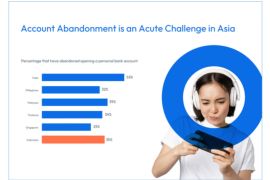According to a banking survey carried out by the central bank, bank credit will also grow because interest rates will drop in all segments, including in working capital credit, investment credit and consumer credit, the banks executive director of its communication department, Tirta Segara, said here on Wednesday.
"On average, the interest rate of working capital credit in the rupiah drops by 18 basis points to 13.01 percent, while that of investment credit fell by 8 basis points to 13.46 percent and consumer credit fell by 11 basis points to 15.75 percent," he said.
Tirta noted that the prediction of a hike in credit distribution was seen in the weighted net balance that rose 96.7 percent in the third quarter, from 78.8 percent in the second quarter of this year.
"The working capital credit would be the main priority, while in the consumer line, housing credits and apartment credits would be the main targets," he explained.
Tirta noted that the growth of banking credits in the third quarter was also attributed to relaxation of Bank Indonesias macro-prudential policy through the adjustment of rules on financing of housing and minimum capital requirements.
Relaxation of the reference rate has also dropped the interest rate of banking credits while, on the other hand, banks have been boosted by an increase in their capital adequacy ratio.
Bank Indonesia predicted, due to increased efficiencies in the banking sector in the third quarter, that the cost of funds would drop 12 basis points to 6.54 percent.
The Indonesian central bank, however, has been optimistic because banks have slowed in reaching their credit growth target.
Further, according to the latest BI survey on 41 general banks, the average growth of bank credits in 2016 would reach 10.6 percent, which is lower than the planned 12.3 percent, according to an earlier survey.
"This is because Indonesias economy has not yet reached as high as expected, and respondents behaviors have remained cautious in distributing credits to press for non-performing loans," he said.(*)
Editor: Heru Purwanto
Copyright © ANTARA 2016











